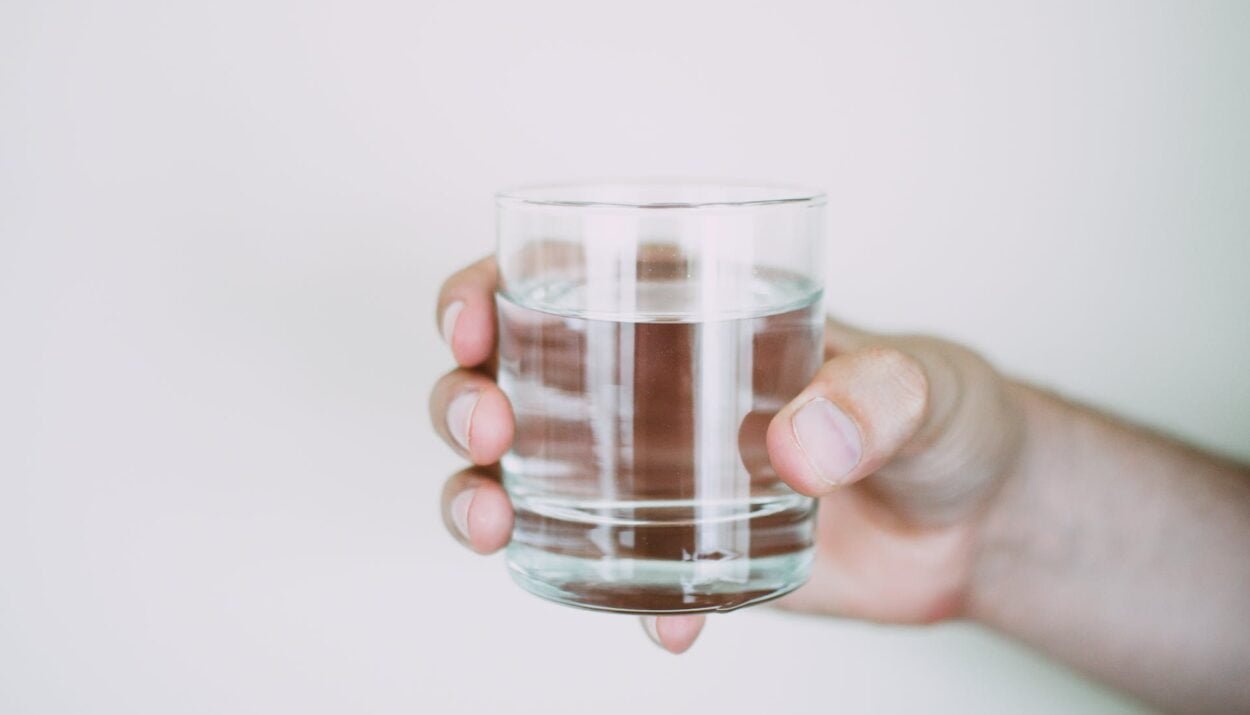Water is often called the elixir of life, and for good reason. It plays a crucial role in maintaining our health, regulating body temperature, aiding digestion, and supporting various bodily functions. We’ve all heard that we should drink an adequate amount of water each day, but have you ever wondered exactly how much that is? In this article, we’ll delve into the science of hydration and answer the age-old question: How much water should you drink in a day?
In This Article
The 8×8 Rule: Is It Still Relevant?
You’ve probably heard of the 8×8 rule, which suggests drinking eight 8-ounce glasses of water a day, totaling 64 ounces or about 1.9 liters. While this is a simple and easy-to-remember guideline, it may not be suitable for everyone. Our water needs can vary greatly depending on factors such as age, activity level, climate, and overall health.
Your Body’s Water Needs
The Institute of Medicine recommends a daily water intake of about 3.7 liters (125 ounces) for men and 2.7 liters (91 ounces) for women. This includes all fluids from both beverages and food. However, these recommendations are based on averages and don’t account for individual differences.
The “Eight 8-Ounce Glasses” guideline is still a good starting point for many people, but it’s essential to listen to your body. Thirst is a reliable indicator of when you need to drink more water. If you’re in a hot climate or engaging in strenuous physical activity, you’ll likely need more than the standard recommendation.
Factors Influencing Your Water Needs
- Activity Level: The more active you are, the more fluids you’ll need to replace those lost through sweat. Athletes, for example, may need significantly more water to stay properly hydrated.
- Climate: Hot and humid weather can lead to increased fluid loss through perspiration, making it crucial to drink more water in these conditions.
- Age: Children, the elderly, and pregnant or breastfeeding women may have different hydration needs. Babies, for instance, have a higher percentage of water in their bodies, so they need more per unit of body weight.
- Health Conditions: Certain medical conditions like diabetes or kidney problems may require stricter fluid intake management, which should be discussed with a healthcare provider.
- Diet: Fruits and vegetables contain water, and your overall diet contributes to your hydration. Consuming foods with high water content can be as important as drinking fluids.
Signs of Dehydration
It’s crucial to recognize the signs of dehydration to avoid health issues. Some common symptoms include:
- Dark yellow urine
- Dry mouth and dry skin
- Fatigue
- Dizziness
- Rapid heartbeat
If you experience these symptoms, it’s time to up your water intake.
Balancing Water Intake
Balancing your water intake throughout the day is essential. Here are some tips to help you stay adequately hydrated:
- Start your day with a glass of water: Kickstart your morning by rehydrating your body after a night’s sleep.
- Carry a reusable water bottle: Having water readily available can encourage you to drink more throughout the day.
- Set reminders: Use smartphone apps or alarms to remind yourself to drink water at regular intervals.
- Monitor your urine color: Light yellow or pale straw-colored urine is a good sign that you are well-hydrated.
- Listen to your body: Pay attention to your thirst signals and drink when you feel the need.
Conclusion
While the 8×8 rule is a straightforward guideline for daily water intake, it’s crucial to recognize that our hydration needs are influenced by various factors. There’s no one-size-fits-all answer to the question of how much water you should drink in a day. Your best bet is to listen to your body, stay mindful of the factors affecting your hydration needs, and adjust your water intake accordingly. Staying properly hydrated is a simple yet powerful way to promote your overall health and well-being.






